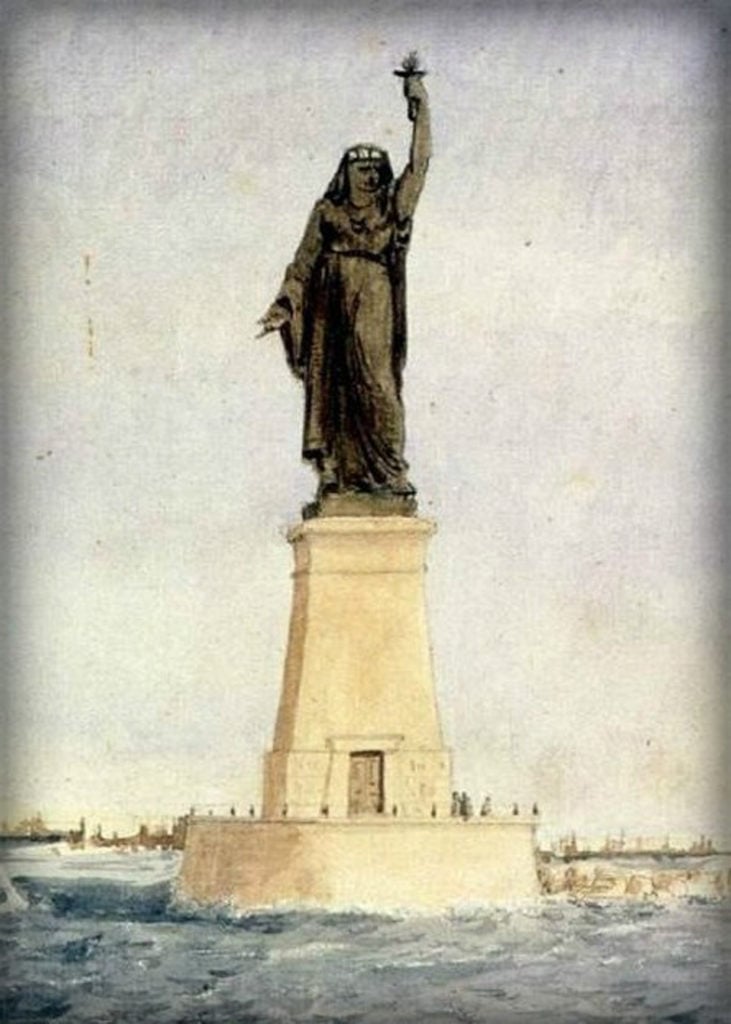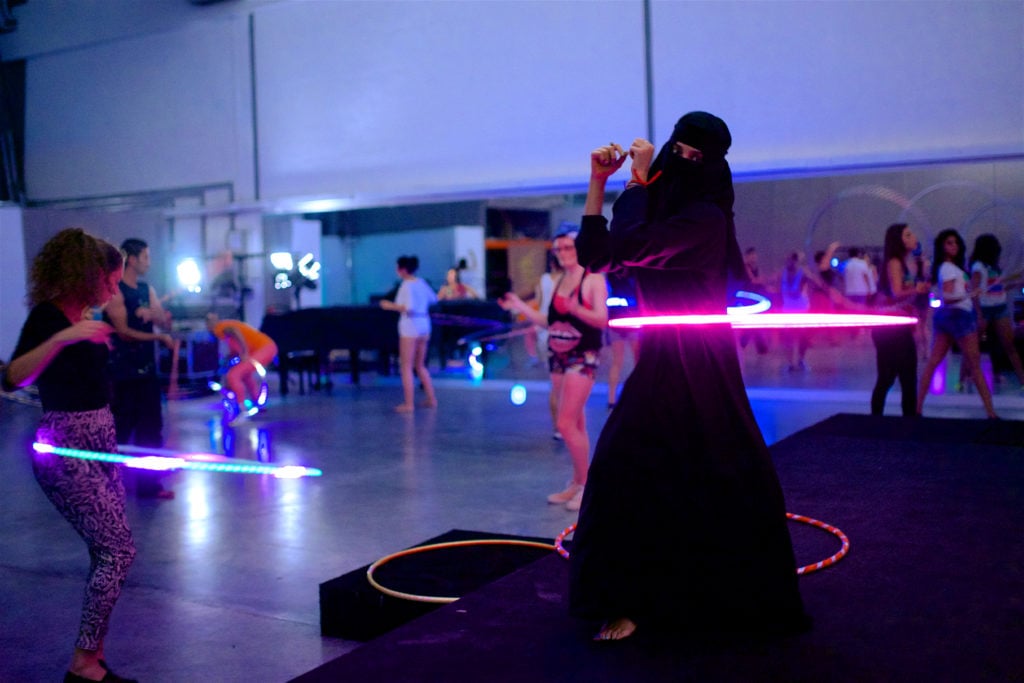Politics
Missing Saudi Journalist Casts a Shadow Over an Arab Art Initiative’s Launch in New York—Some of Which Is Saudi Funded
The Brooklyn Museum and the Met vow to go on with their programming, despite funding from Riyadh.

The Brooklyn Museum and the Met vow to go on with their programming, despite funding from Riyadh.

Eileen Kinsella

The outcry over missing Saudi journalist Jamal Khashoggi—and the role the government is suspected to have played in his disappearance—is having a catastrophic effect on the country’s international relations and shining a light on Saudi funding abroad, including in the art world. Following JP Morgan CEO James Dimon’s withdrawal from the upcoming Future Investment Initiative conference in Riyadh next week, Sotheby’s confirmed yesterday that its CEO, Tad Smith, has also dropped out of the event.
The diplomatic crisis also coincides with the launch of the first-ever Arab Art & Education Initiative, a year-long cultural exchange in New York, that connects Arab culture with audiences across the five boroughs of New York. The initiative, which kicked off this past weekend, includes exhibitions, artist dialogues, and educational programs at institutions such as the Metropolitan Museum of Art, the Museum of Modern Art, the Brooklyn Museum, and Columbia University.
The news has raised questions about the arts initiative’s ties to the Saudi government. The Middle East Art Institute, a think tank based in Washington, DC, withdrew from the program “in light of recent developments,” a spokesman for the institute told the New York Times. He did not elaborate on the decision further, but told artnet News that the institute had planned to be a partner for the first phase of the initiative in New York, helping with logistics and content development, particularly for one of the events at Asia Society.
But others, including the Met and the Brooklyn Museum—institutions whose projects are all linked to Saudi funding—are so far reaffirming their commitment to the initiative. The Asia Society also said that it is moving forward with an event planned for tonight, October 16, a cultural forum about the role of the arts in sustainability.
“This is a serious and troubling story that continues to unfold in a complex global context,” a spokeswoman for the Guggenheim told artnet News in an email. “Our participation in the Edge of Arabia initiative is consistent with our mission to provide a platform for artists and opportunities for much needed cross-cultural dialogue. We do not disengage with artists based on the actions or policies of their respective governments.”
Eighty-five percent of the Arab Art and Education Initiative’s funding comes from sources outside of Saudi Arabia, Stapleton says. The other 15 percent comes from the Riyadh-based Misk Art Institute, founded under the auspices of Crown Prince Mohammed bin Salman bin Abdulaziz Al Saud and led by Saudi artist Ahmed Mater. The organization has funded the Brooklyn Museum show “Syria Then and Now: Stories from Refugees a Century Apart” and a Met seminar on “Collecting and Exhibiting The Middle East.” The Misk Art Institute did not respond to a request for comment.

Balqis Al Rashed, A State of Play, live performance. Photo: Nidal Morra.
“Support for our exhibitions comes from a variety of sources—both public and private—and we always seek partners who share our mission and values of creating a more connected and civil world,” said Brooklyn Museum director Anne Pasternak in a statement. “Recently, we have been working with Misk Art Institute, an organization with a mission of cultivating cultural dialogue to build greater understanding between the United States and the Arab world, on a small exhibition that looks at the historical and present day experience of refugees in Syria. While we always reserve the right to re-evaluate sources of funding depending on changing circumstances, we have nothing to report at this time about any of our funders.”
“We’re doubling down,” Stephen Stapleton, director of Edge of Arabia, which is the chief coordinator of the Arab Arts and Education Initiative, told artnet News. “I spent the whole day on the phone talking to our partners and I’m just so proud that they standing by us. It’s a tough situation for everybody because obviously this is connected to expression and freedom of speech. We’re talking about issues of refugees, talking about the issue of sustainable development goals, and issues of human rights and gender equality. All of these are issues that we need to stand up for right now. We have to focus on the mission that we set ourselves and that’s what we’re going to do.”
Metropolitan Museum of Art president Dan Weiss seemed to leave open the possibility that the museum could change its mind, telling the New York Times that it was “in process of learning more, and our engagement will reflect additional information.” But he also said that “a core activity of our museum is to engage with representatives from museums and governments around the world.”
Other events in the initiative, did not receive Saudi funding, including MoMA’s show “Modern Mondays: Monira al Qadri,” which opened yesterday, October 15. “We joined the Initiative because we hope it will spark cultural exchange and experimentation, and open dialogue on important issues in the region,” the museum said in a statement. “Our program is completely and independently funded by the museum; we have received no funds from Saudi government agencies or members of the royal family to participate in the Arab Art and Education Initiative.”
Similarly, Columbia University, which is hosting a lecture with Ahmed Mater, confirmed that it has not received funding from the Saudi government, and that its plans are for “a one-time academic lecture by an Arab artist, hosted by a professor.”
“It’s precisely at a time like this when we feel that we need to keep these platforms open,” Stapleton said. “Our responsibility is to the artists and their voices.”